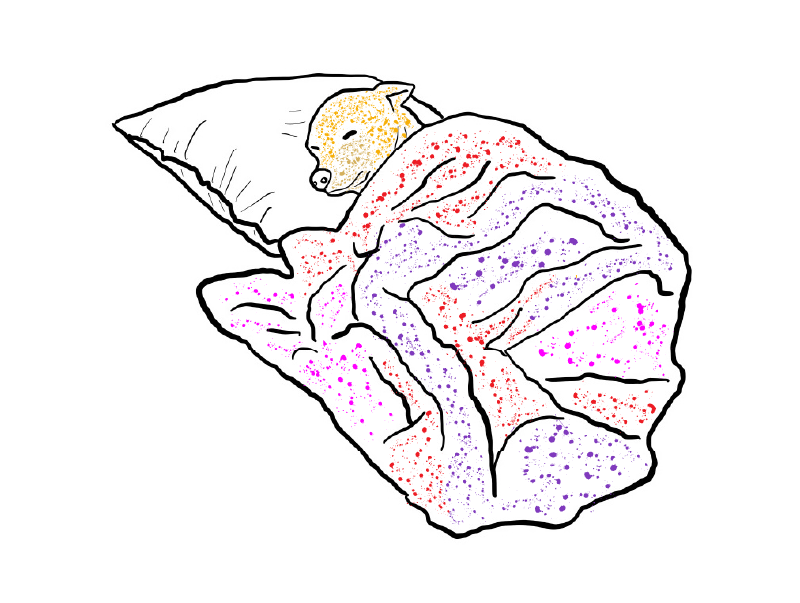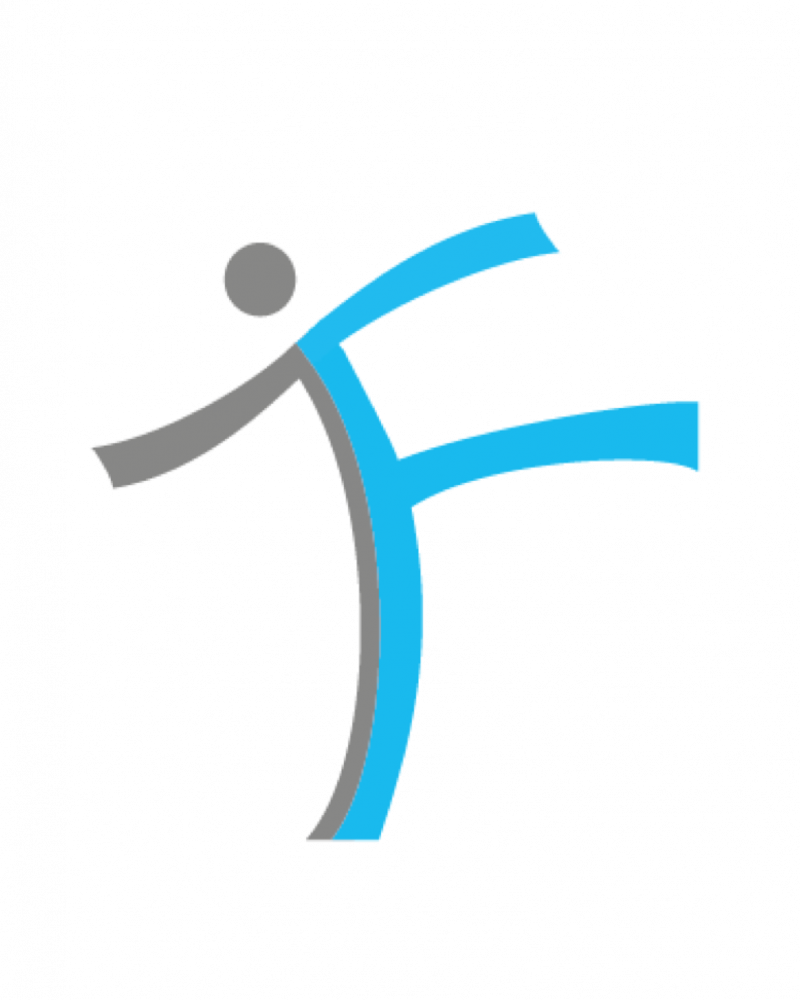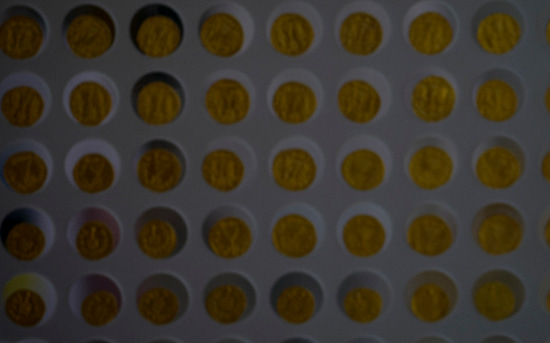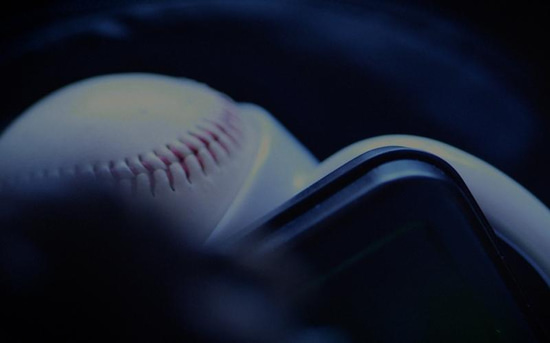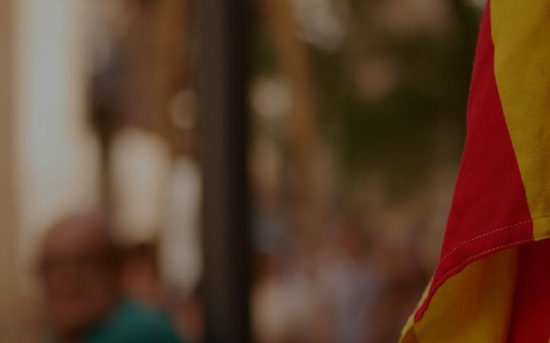Having gone through two years of full-scale warfare, the stages of shock, acute stress, pain and rage, most of Ukrainians have found themselves at the lowest point – the point of exhaustion.
How can we divide this endless fatigue into types and is there anything we can do about it?
We have compiled a small classification of all types of fatigue. Based on our own experience.
I. Communication fatigue
There's a meme, "Me, when I finally found time to reply to emails, and people immediately write back with the next question" - and it's easy to guess that it doesn't show enthusiasm and excitement at all. Unfortunately, the period when we wanted to stick together and accidentally restored even lost connections is over. And we only have the strength left for the closest contacts. Or necessary ones. (The original of this meme, by the way, has a baked potato and the caption "let the potato rest").
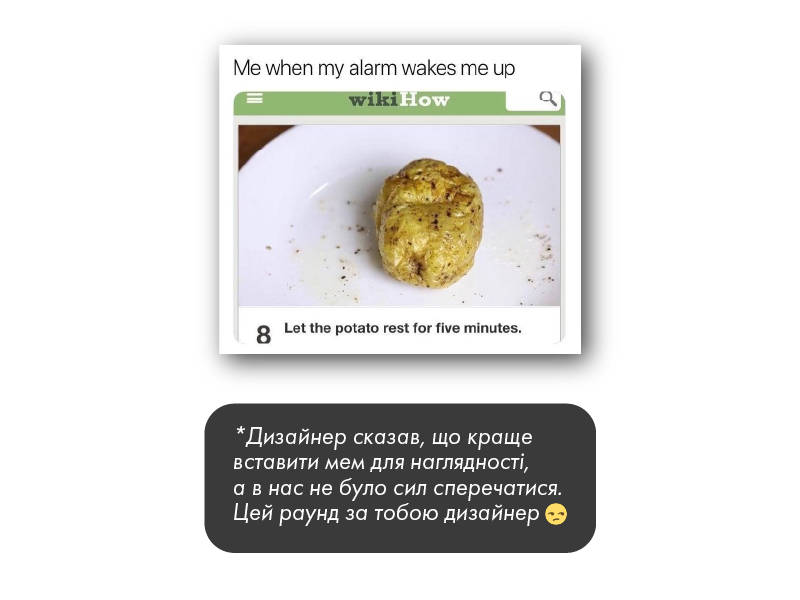
II. Intense emotions fatigue
Two years ago, Ukrainians could not believe that it was possible to feel anger or pain of such intensity. Love, pride, and gratitude also seemed to be reaching the maximum intensity at some point. But this period is over: many people say that now they no longer have the strength to feel anything, and instead of pain, a kind of numbness or dumbness has come. As someone aptly wrote on social media, "I want to hate again, but I don't have the resources to hate, and it makes me want to cry." This is emotional exhaustion.
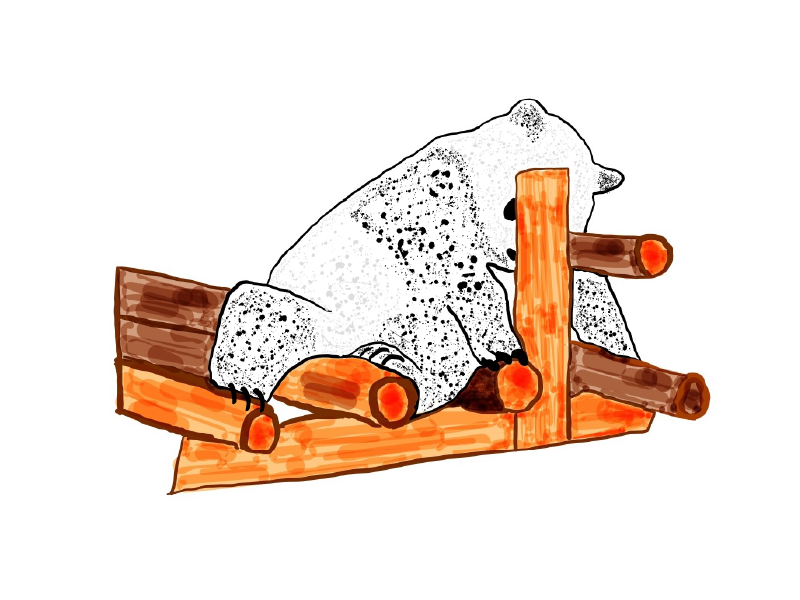
III. Empathy fatigue
Empathy and compassion also require emotional resources that we don't have right now. Of course, we still feel pain seeing others suffering. But at the same time, the focus of empathy has narrowed, and it is only enough for "our own". The difference in experience between the military and civilians, between residents of frontline and rear cities, between Ukrainians in Ukraine and abroad is becoming more noticeable. Due to fatigue, we can devalue the experience of others, and the words "I understand you" from a person from a different context are more often irritating than supportive.
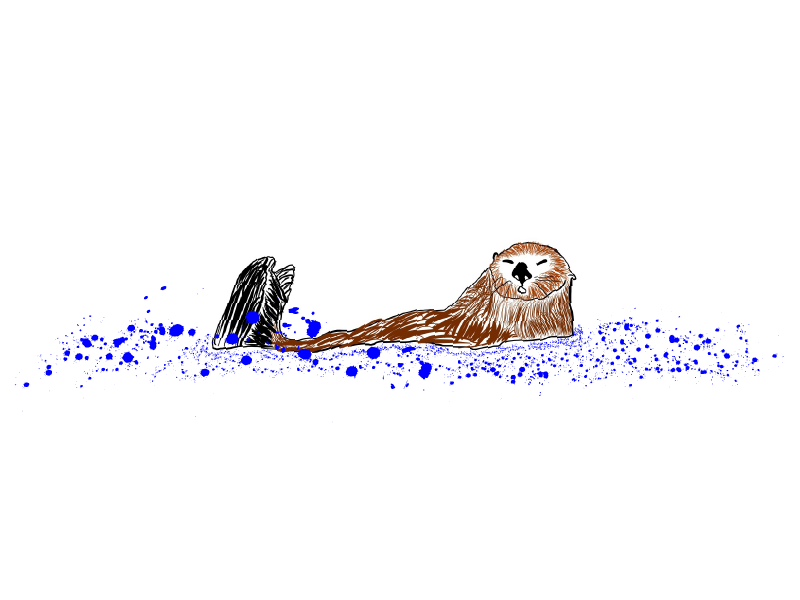
IV. Cognitive exhaustion
It's hard to focus at work, hard to deal with new information, hard to remember things. However, compared to last year or the year before, our ability to work intellectually is recovering. This is due to the fact that we have moved from the stage of acute stress to background stress, chronic stress. There is nothing good about chronic stress, but it is a little easier to work in this state than in a state of emotional swing. However, we are very far from full recovery.
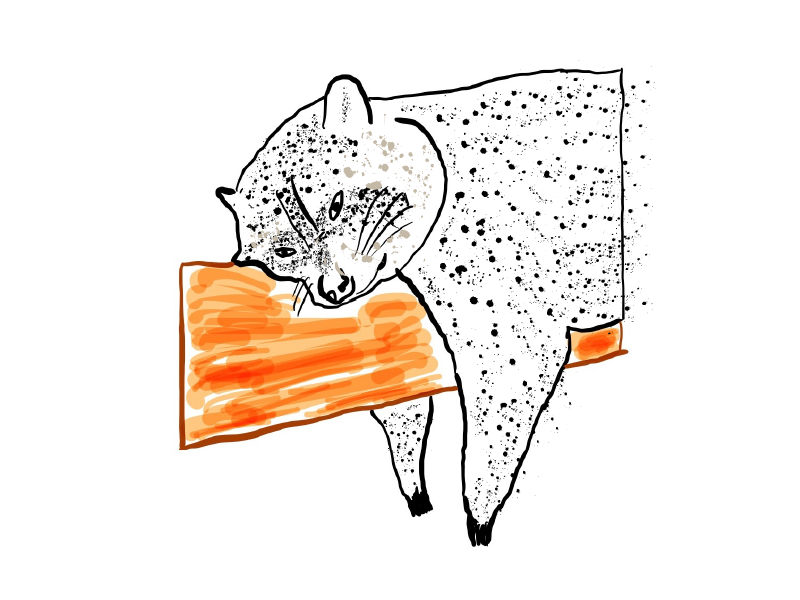
V. Memories fatigue
Attempts to recall the past and share traumatic experiences no longer bring relief, but rather retraumatise. This was very noticeable on the second anniversary of the invasion: there were plenty of posts with memories (and if the authors felt better, that's great), but many tried to isolate themselves and avoid social media that day. We preserve our memories, putting them off for later, because it is too painful and too exhausting to deal with them now.
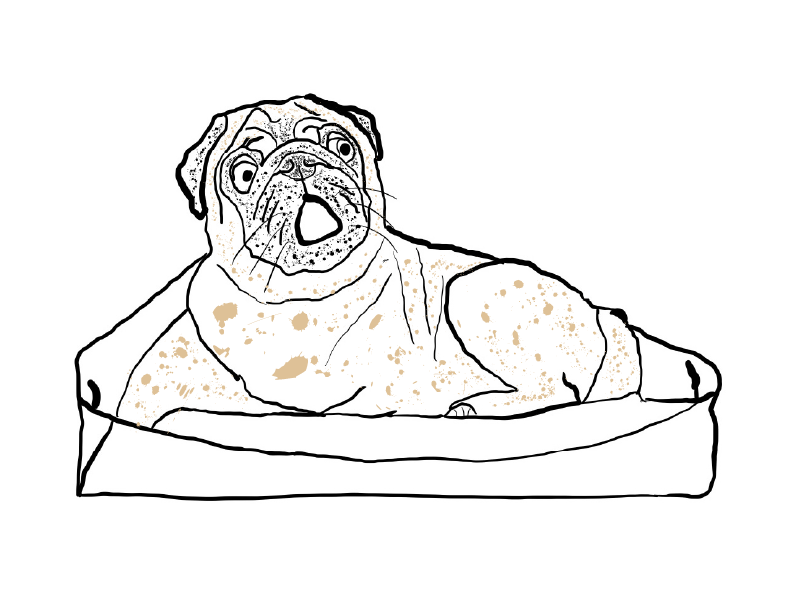
Is there anything we can do about it?
This is a difficult question, because all peacetime advice sounds like mockery and is more suitable for articles like "How to support yourself in a long winter". The psychological exhaustion that most Ukrainians are experiencing now is of a completely different scale and of a completely different quality than "ordinary fatigue".
At the same time, the banal advice still works, because the patterns of our brain and body have not changed, so a relatively normal sleep schedule, healthy diet and physical activity help maintain at least some level of resource.
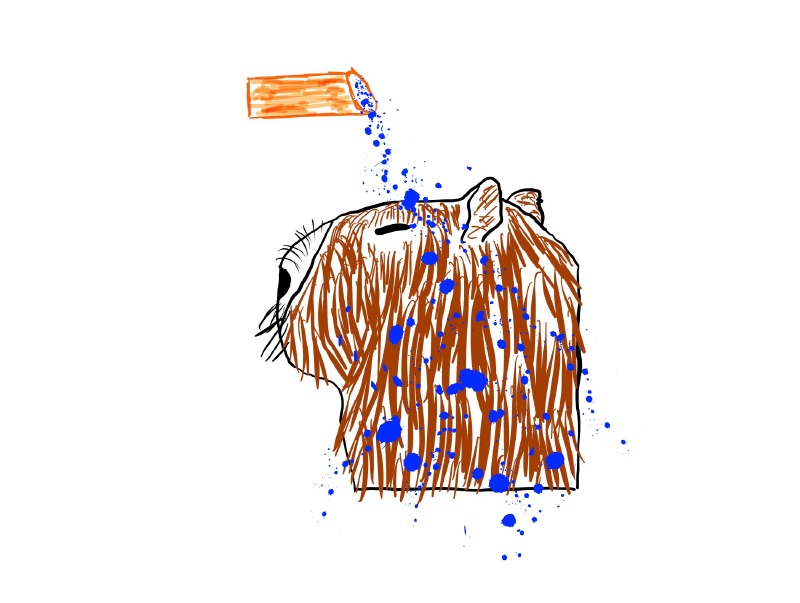
And although we have a common cause of exhaustion, we are still individuals. You can try this exercise: write down everything you do on a regular basis (work, personal, household) and for each item determine whether it gives you energy or takes it away. Let's use a scale from -5 to +5. Is it possible to delegate or temporarily postpone something that scored a -5? Is it possible to do things with a "plus" more often? Is there something that has always filled you with joy, but somehow disappeared from your life? Is there a chance to get it back?
